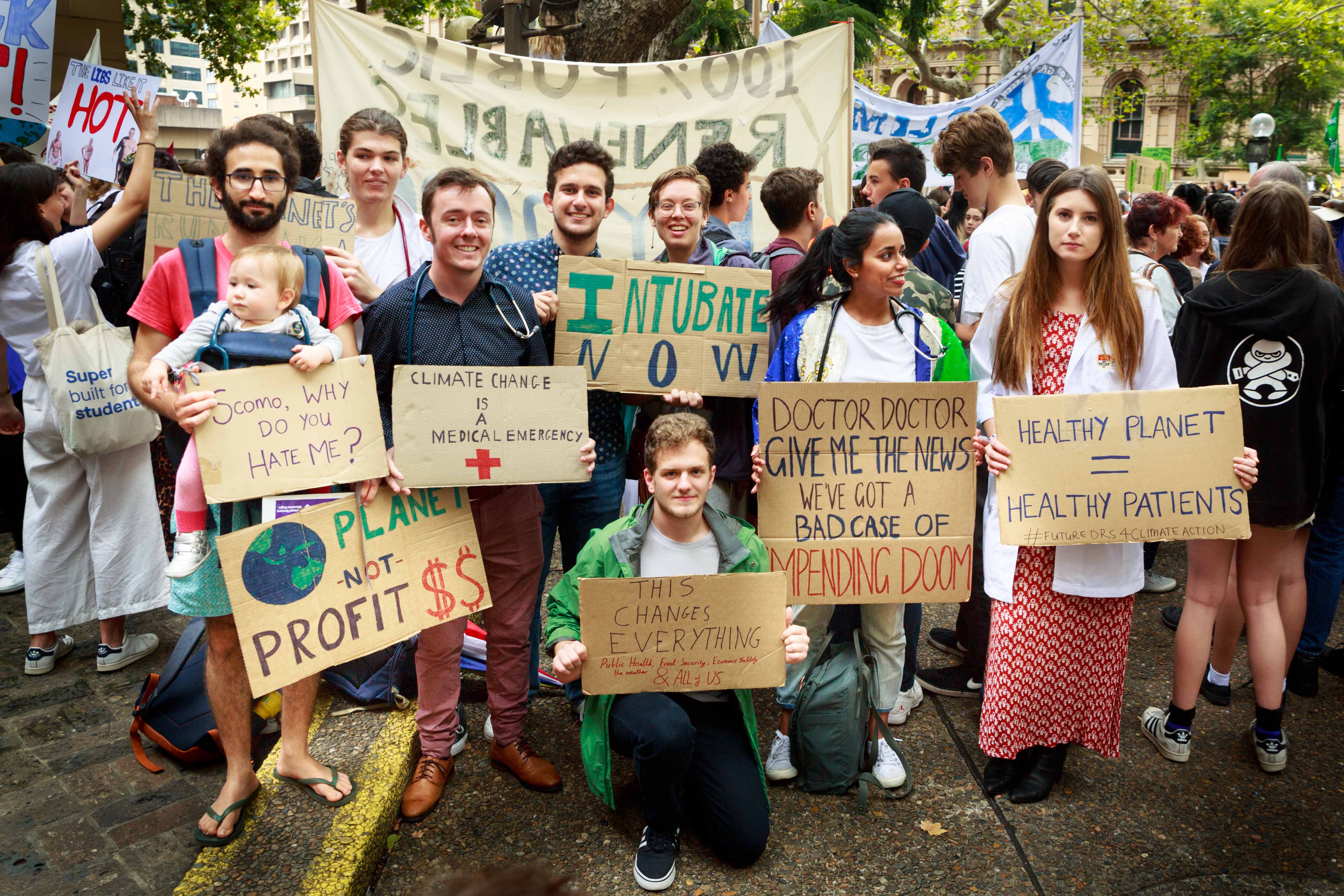With a review of Australia’s environmental protection laws on the table, doctors are lobbying for robust actions to ensure human health is at the forefront of considerations
More than 180 health professionals have signed an open letter to environment minister, Sussan Ley, warning the government to strengthen Australia’s weak environment laws, or risk the future health of the nation.
The letter, published today, has received support from Nobel Laureate Professor Peter Doherty, and former Australian of the year Professor Fiona Stanley, among other signatories.
The action comes ahead of the review into Australia’s Environmental Protection and Biodiversity Conservation Act 1999 (EPBD Act), with a draft report from the review panel expected in June.
But the authors of the letter, a collaboration between Doctors for the Environment Australia and the Climate and Health Alliance, said since the EPBD Act was introduced, it had failed to achieve its objectives of protecting the Australian environment, including promoting sustainable development and the conservation of biodiversity.
“We note that the EPBC Act review is occurring during a period where Australia has experienced back-to-back crises of extraordinary scale in the 2019-20 ‘Black Summer’ bushfires and now the COVID-19 pandemic,” they said.
“Climate change, biodiversity loss and human health were not widely considered to be related at the time the EPBC Act was enacted in 1999. However, it is now understood they are inextricably linked.”
The first demand of the letter was for the government to put the consideration of human health at the front and centre of all deliberations over the future of Australia’s environment laws.
“While our precious natural environment deserves protection for its own sake, human health and wellbeing also depend upon it,” the letter said.
Another request was for an entirely new generation of environmental law, developed by the Australian Panel of Experts on Environmental Law, to be considered by the government.
And while convincing the government to adopt a new set of environmental laws seems like a hard sell, the letter also asks that the current institutions responsible for developing and delivering national environmental law include individuals with public health expertise in their deliberation of policy.
“This will ensure our environment and our health are seen as an integrated and indivisible whole,” the letter said.
Fiona Armstrong, founder and executive director of Climate and Health Alliance, said the recent coronavirus pandemic showed the government was capable of listening to science when it was important for human health.
And while climate change is widely considered to be one of the biggest threats facing the environment, it is not mentioned in the current EPBC Act.
“The COVID-19 pandemic and the environmental crisis stem from a failure to recognise that our own health is deeply connected to the health of the natural world. Our health is our wealth – without it, our communities, society and the economy will suffer,” she said.





